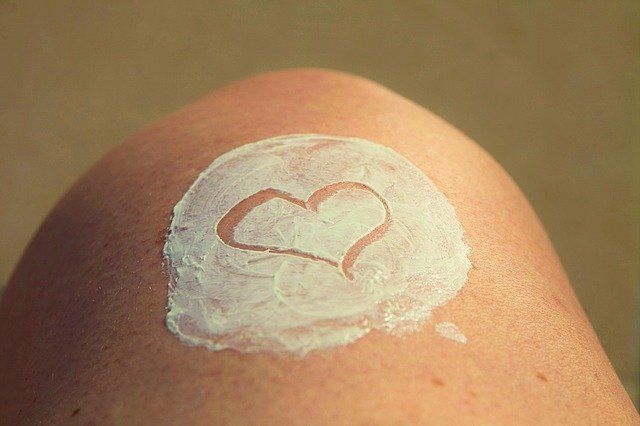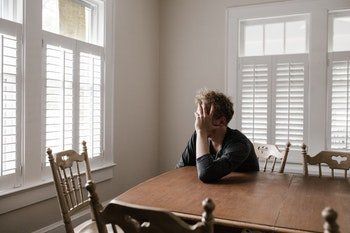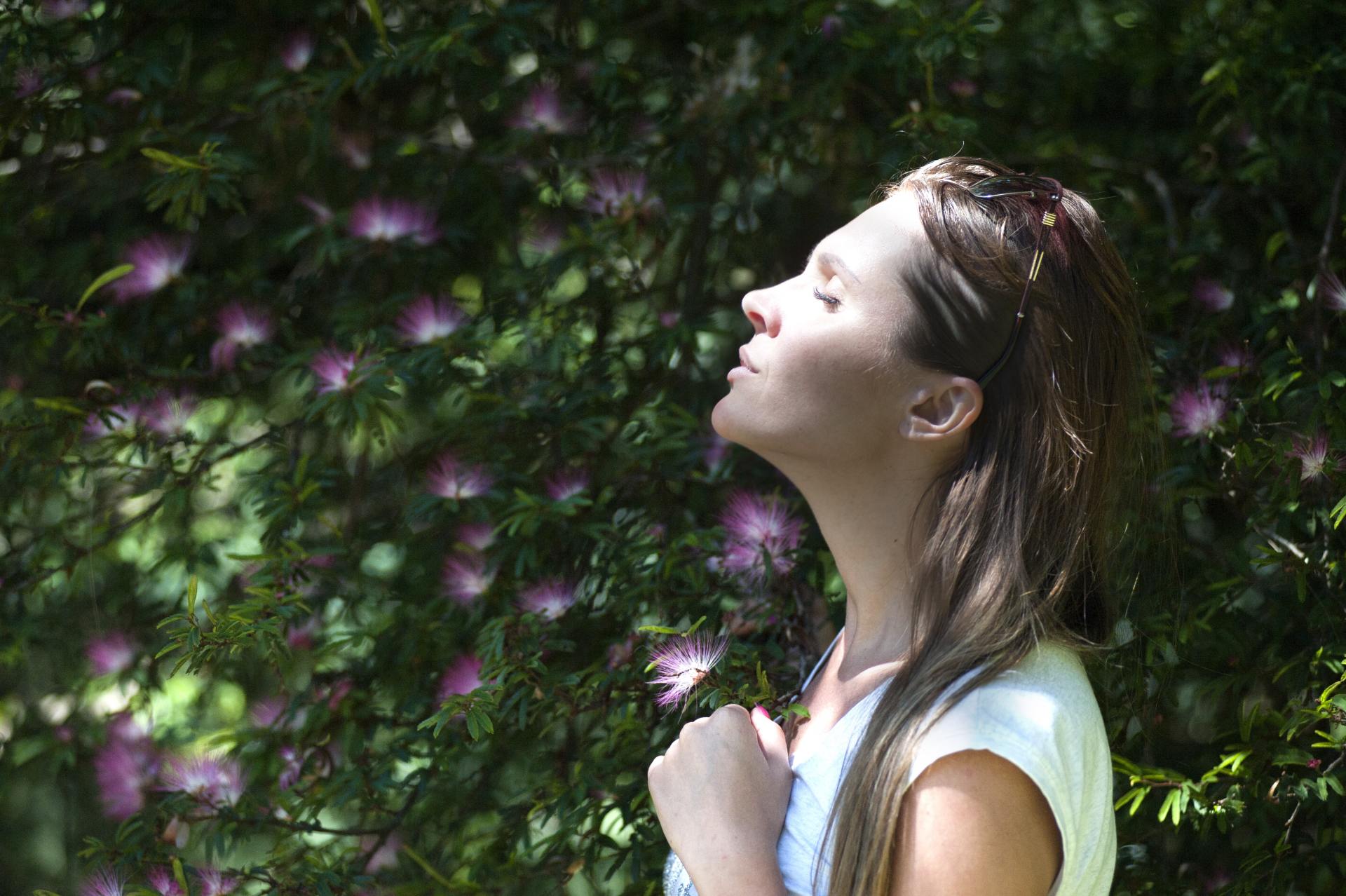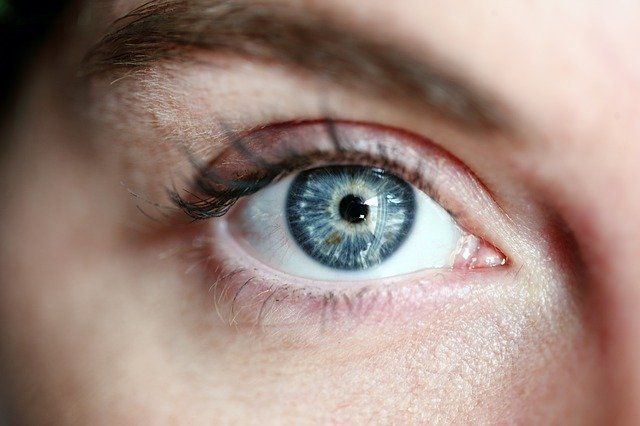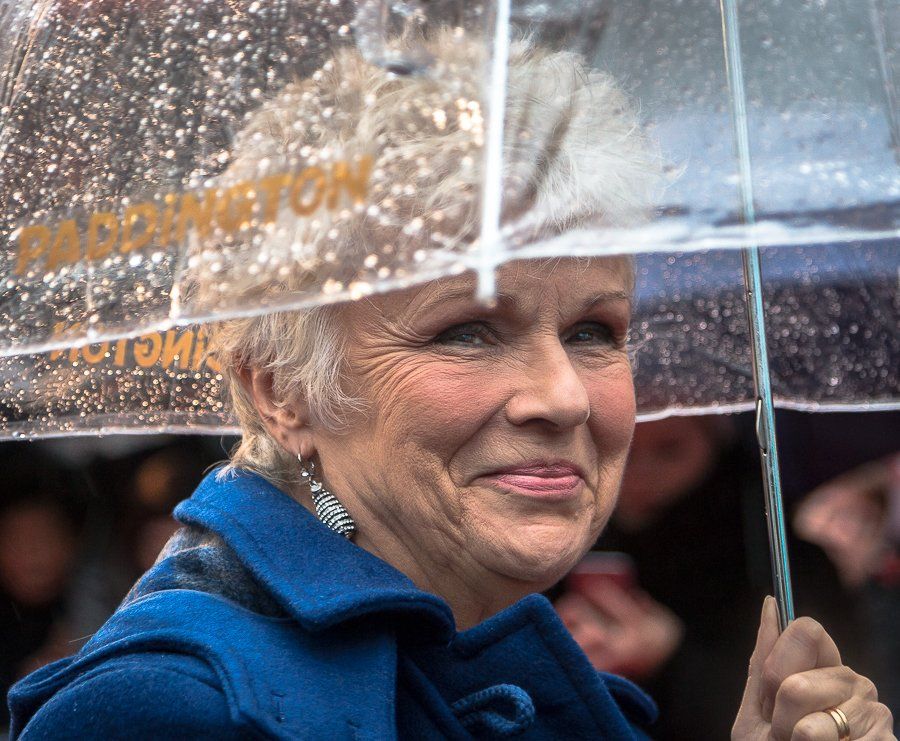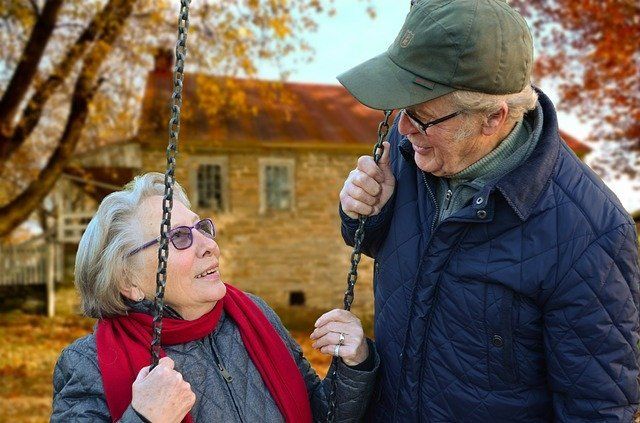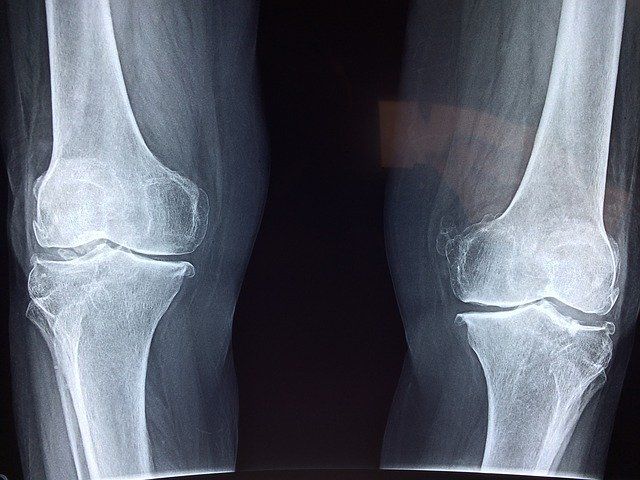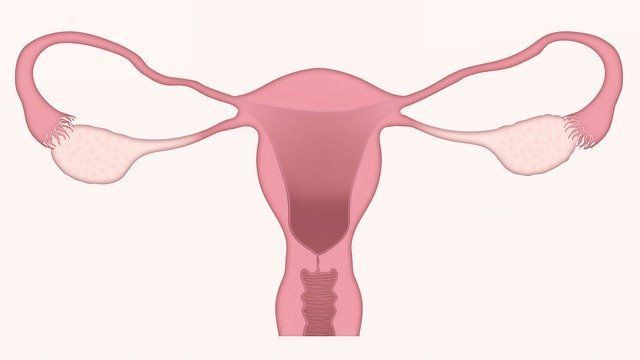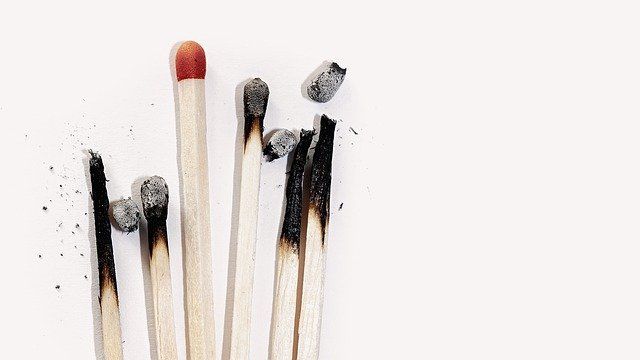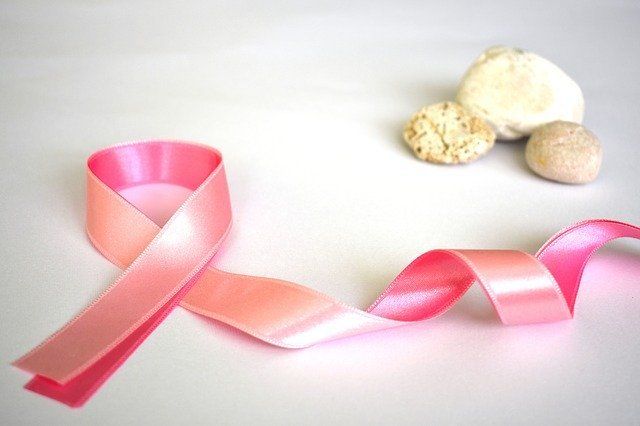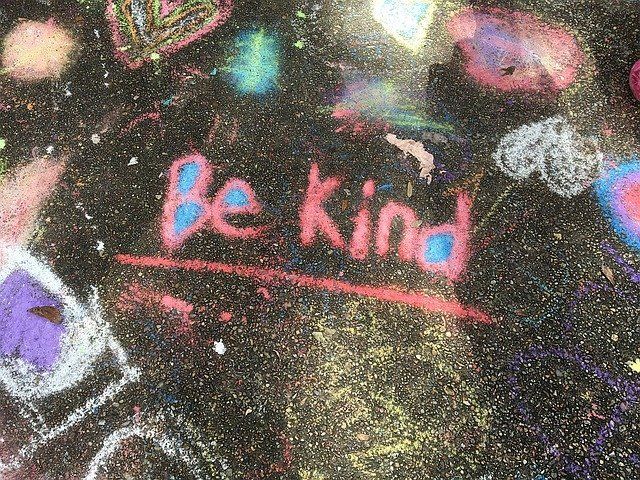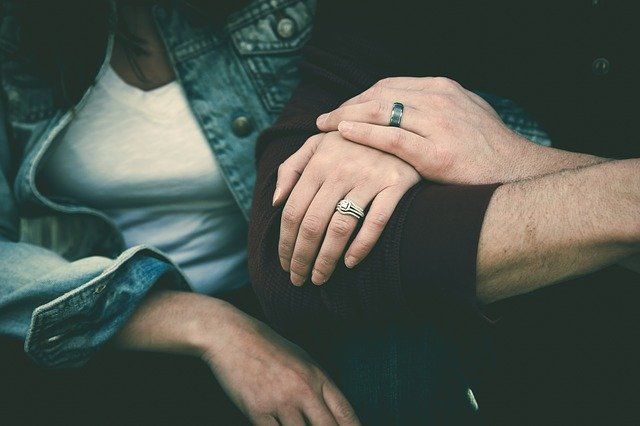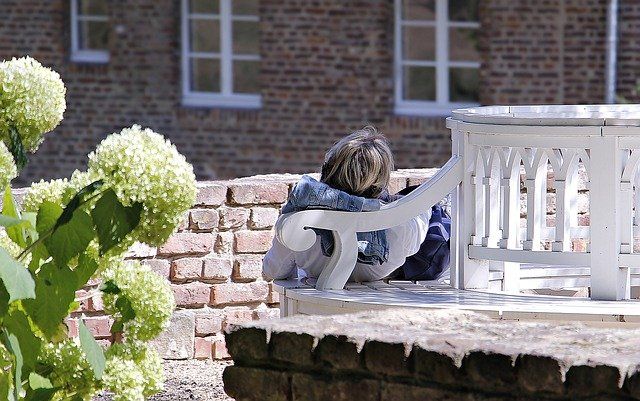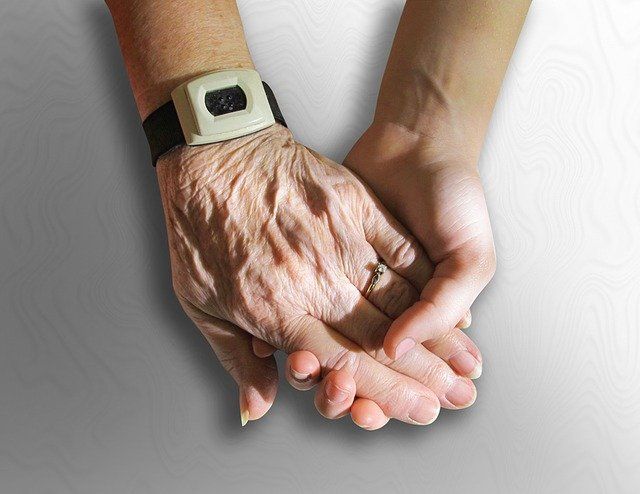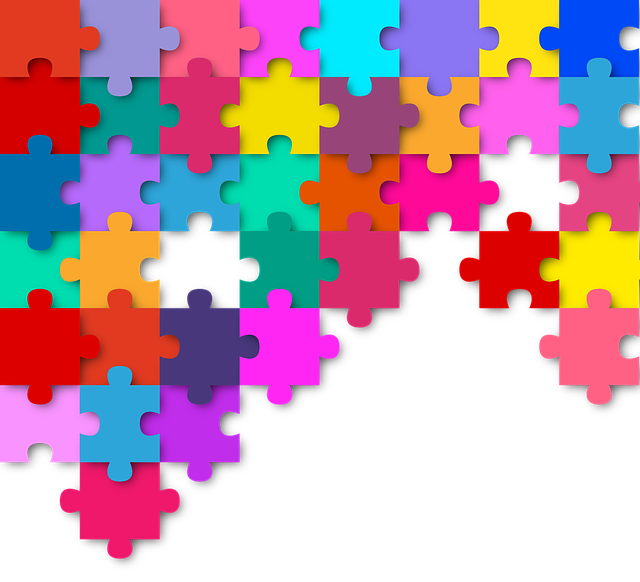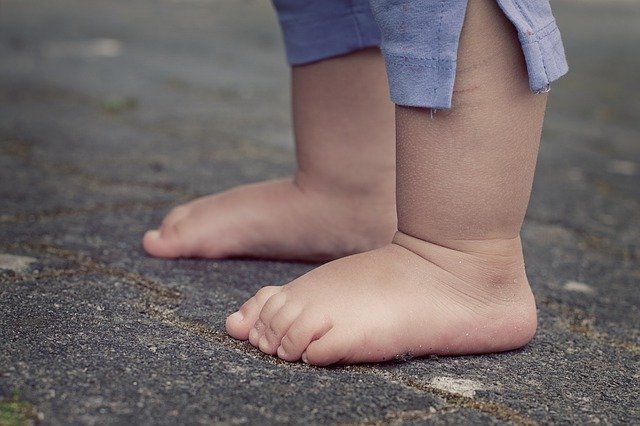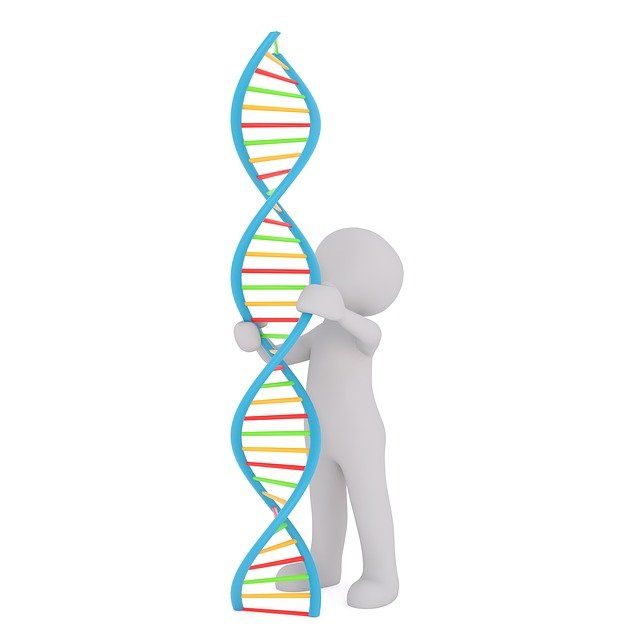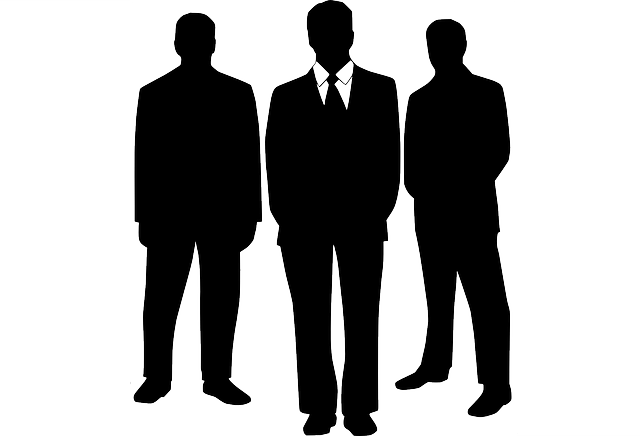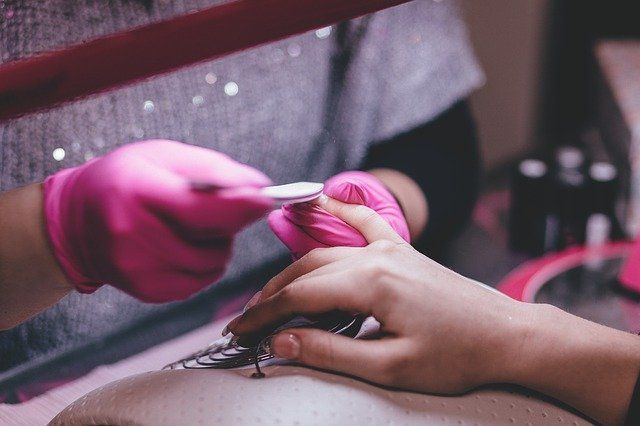Beloved Foundation Blog

Alex Trebek, must loved host of Jeopardy!, has stage 4 pancreatic cancer. Earlier this month he spoke candidly about how he has been doing since he diagnosis a year ago. He also talks about how happy he is to have reached the one year survival marker, which only 18% of those who are diagnosed reach.

"I never think of you as someone who had cancer" was said to Liza Bernstein after multiple cancer diagnoses. Later, during her third experience with cancer, in a haze of exhaustion and despair, she realized that it was impossible for cancer not to be a part of her identity. She asked herself, "Why should I cower in the denial of my experience because it inconveniences others?" From that moment, Liza decided to use her experiences and her identity for good, to help others. And she has continued to do just that since that moment in time.

When celebrities are open about their stage IV cancer diagnoses and the struggles they are facing, it brings attention to a topic that could otherwise be avoided. USA Today looks at what Stage IV means and how it impacts longevity and the chance of successful treatment. With celebrities such as Rush Limbaugh, Shannen Doherty and Alex Trebek all speaking openly about their own experiences, it will help many to understand what those in their own lives may be experiencing.

"Journaling is an intentional act of honest reflection about yourself and the things going on in your life. It can help cancer patients and caregivers navigate one of the most mentally challenging times in their lives." People who journal may experience increased memory retention, and the strengthening of relationships as they work through emotions and fears in their journaling.
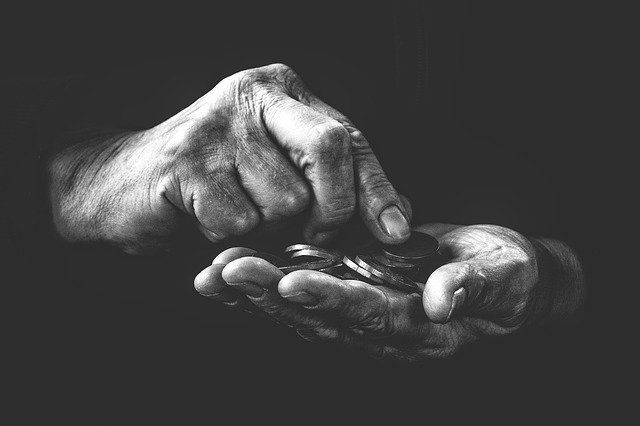
Forbes Magazine recently published an article on a recent study showing that 25% of cancer survivors are struggling financially. The healthcare industry in the United States is financially draining for anyone with cancer, of that there is no doubt. But as Forbes points out, it's also important to take a look at the job stress and loss of wages that impact so many people.
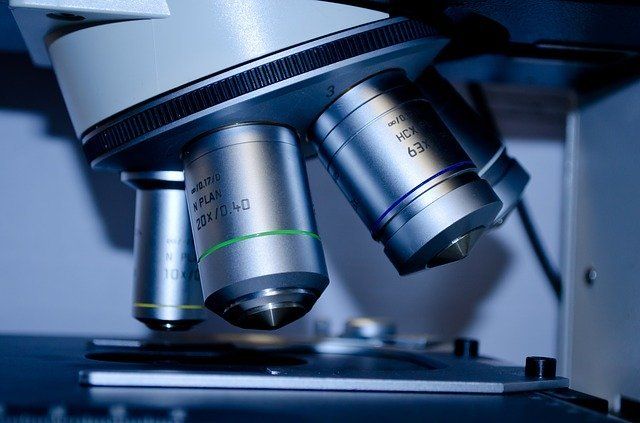
James Allison always approached things differently. But losing his mother at the age of ten to cancer helped pave the way to a life of research. After discovering how to co-opt the body's immune cells to attack and destroy tumors, he was awarded the Nobel Prize in Physiology or Medicine for his pioneering work.

Children's Lives Include Moments of Bravery (CLIMB) is a program for children ages 6 to 11 whose parents or other close family members are diagnosed with cancer. Through art projects and discussion, CLIMB helps normalize feelings children may be having and nurtures positive communication between the child and parent.

Stephanie Bissonnette has been a dancer most of her life. And all of her career has been working towards being on Broadway. But, after reaching her dream, she started having headaches that sent her to the emergency room. She was soon diagnosed with Medulloblastoma, a rare form of cancer found more commonly in kids than in Stephanie's late 20s. She underwent two rounds of surgery and radiation, then spent nine months recovering before returning to her spot on Broadway in the Mean Girls show against the odds.

It can be difficult to comprehend the number of different types of cancer out there. Even within one region, such as the breast, there are numerous types. A recent article from Self Magazine looks into Triple Negative Breast Cancer, what that means, and how it differs from other types of breast cancer.
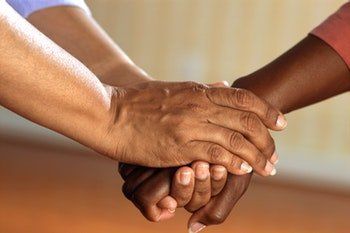
A study published by the American Psychological Association states that "People who regularly care for or assist a family member or friend with health problems are more likely to neglect their own health, particularly by not having insurance or putting off necessary health services due to cost." It comes as no surprise to most of us that those who are in the caregiver role may neglect their own needs whether they are physical, mental or emotional needs.

Ali Fedotowsky, former Bachelorette star, recently shared her skin cancer journey on Instagram. She shared that she has basal cell carcinoma, the most common type of skin cancer. Six months ago, she had skin cells removed that were possibly cancerous before a new area above her hip was found more recently and diagnosed as basal call carcinoma. She encourages everyone to check your skin for changes and have yourself professional checked each year. Protect yourself and your skin.

When cancer treatment is no longer helping, or when you have been diagnosed with incurable cancer, it's important to remember that the next decisions are yours to make. How you live your remaining time is a decision you need to make with your medical care team and those you love. Palliative care focuses on quality of life and controlling pain and may be an option to discuss with your medical practitioners. Always remember that these decisions are ultimately yours.

It's easy to pour all your support into the person who is sick and overlook the care that the caregiver needs too. After all, only one person is undergoing treatment and side effects. But the caregiver's journey is exhausting, and they can use some care and support too. Whether the person who is ill is in the hospital or at home, these are a few ideas to offer your support:
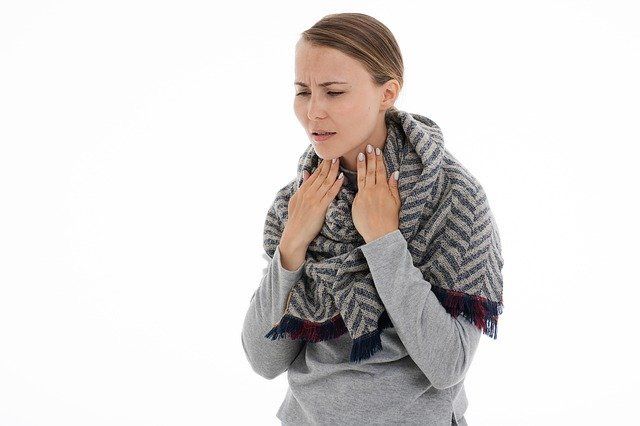
Knowing the signs and symptoms of throat cancer may help with early diagnosis. Many of us know the common signs of largely talked about types of cancer, but we may not know the same for a cancer such as throat cancer which accounts for such a low percentage of cancer cases. Throat and oral cancer account for only 3% of cancers in the United States.
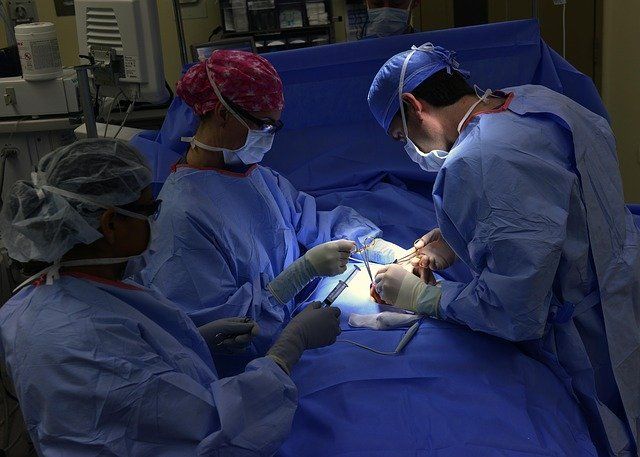
An Australian company has created a hand-held imaging probe and console to help surgeons detect small remnants of cancer tumors during surgery for breast cancer. The aim is to assist surgeons and avoid repeat surgeries due to missed cancerous areas which currently occur in about one-quarter of women who undergo a lumpectomy.

In the 1990s, early research showed that people who had few antioxidants were at risk of cancer. Without further investigation, it was assumed by many that the more, the better. But with further study, it seems antioxidants are much more complex than initially realized and an over abundance of certain types of antioxidants can increase cancer risk in some people. The human body is complex, but it does appear that a healthy, balanced, and varied diet is still the recommendation.
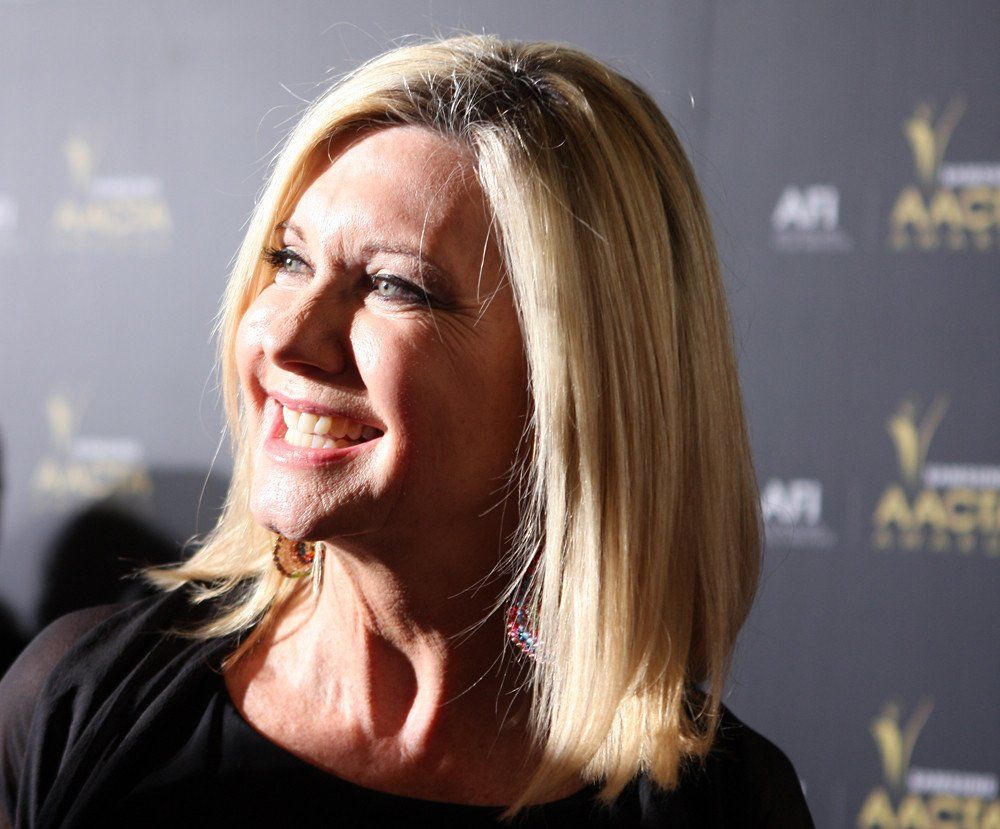
Olivia Newton-John has long been open about her cancer. She began her breast cancer journey in 1992. She now has stage 4 cancer, and discusses her attitude, some of her treatments and her life with Survivornet in a recent interview. She encourages women to follow their instincts about their own bodies regardless of first comments or initial test results. She also says to stay positive, to train yourself to be positive if necessary.
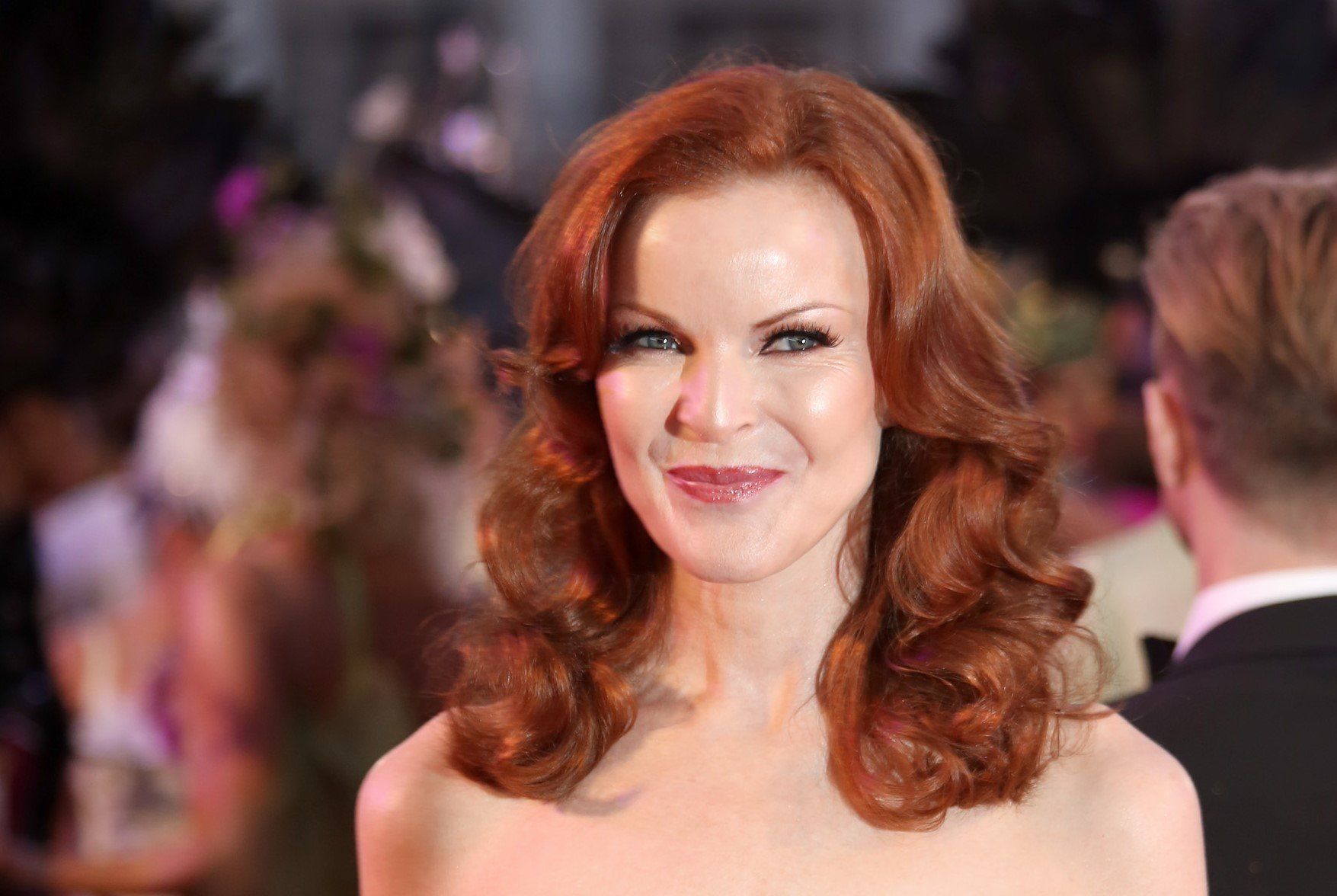
Marcia Cross, well known for her role in Desperate Housewives, was diagnosed with anal cancer in 2017 and completed successful treatment nearly a year later. In an interview last summer, she said, "I know there are people who are ashamed. You have cancer! You have to then also feel ashamed? Like you did something bad, you know, because it took up residence in your anus?"

Being a caregiver can be lonely, tiring and overwhelming. One caregiver shares some of the most helpful and thoughtful texts she received. If you don't know how to support a person in a caregiving role, one of these messages might give you some inspiration. From an offer of a specific errand, to a "just thinking of you" message, each one was special to the caregiver in its own way.

The physical side of caring for a person with cancer can be overwhelming. With limited support once you're home from the hospital, it can be hard to remember all the instructions when faced with the actual tasks needed. From signs of infection, to lifting, to managing pain, a new video series from The American Cancer Society helps caregivers with some common topics.

Often, the emotional side of cancer for both patients and caregivers is overlooked in the hustle of doctors appointments, treatment appointments, the needs of daily living and the side effects treatments can bring. But it's key to acknowledge and treat the emotional side as well. Advice ranges from talking to someone who is not a family member and not directly impacted by the cancer, to modifying daily activities as needed to stay mentally healthy.

Running was a passion before Jackie Carter was diagnosed with breast cancer. After a double mastectomy, she quickly got back to running, even running to appointments she was worried about. It became a stress-reliever and helped her manage the process and the anxiety surrounding her diagnosis and treatment.
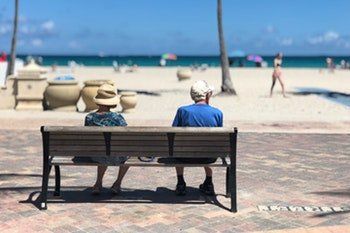
Lillian Dooies was forced to take an early retirement from teaching when she was diagnosed with acute myeloid leukemia. She shares five things that helped her regain her balance after a sudden, unexpected retirement including positive thinking, getting involved in a hobby or cause you're passionate about, and spend time with family and loved ones that you wouldn't have been able to spend had you still been working full time.

Christian Roach spent last Christmas knowing that something wasn't right before being diagnosed with testicular cancer in January. This year, he's raising awareness of the disease and trying to break through the stigma attached to testicular cancer with a display of 750 lights on his rooftop spelling out 'check yr nuts'.
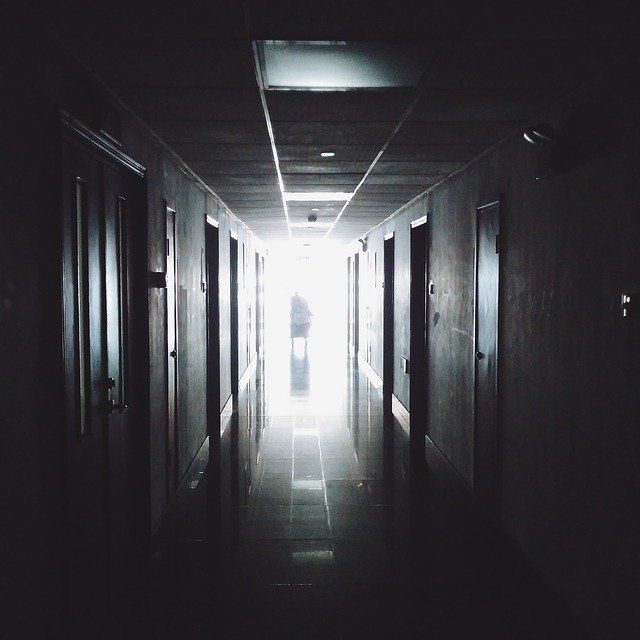
It's hard to keep track of some of the terms doctors use to describe cancer and treatment options. They aren't words we use regularly and it can lead to confusion and misunderstandings. Now, a new video series addresses many of the common words and phrases used, explaining what they mean in a way we can all understand. The videos address topics such as 'what is cancer', 'what is chemotherapy', 'what is chemotherapy maintenance' and many more. The link to the videos is below.
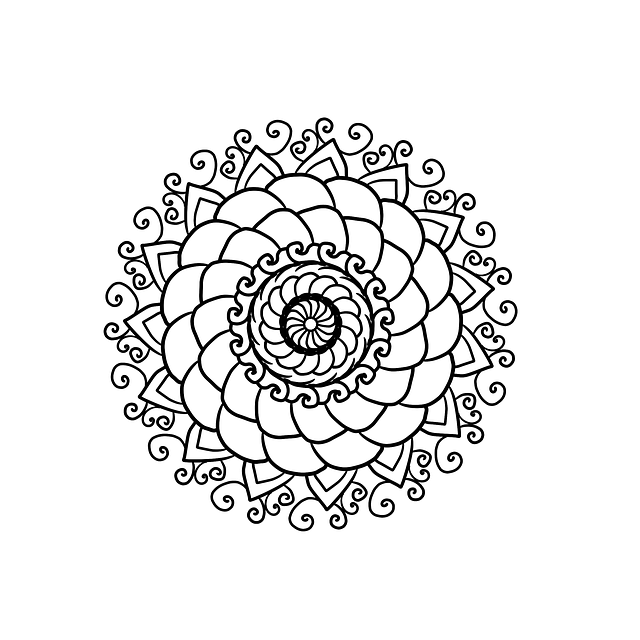
When Grace Lombardo received her diagnosis of breast cancer, she struggled with her new appearance and feelings of lack of control. After undergoing reconstructive surgery, she still didn't feel reconnected to her body. An article about a tattoo artist well-known for his beautiful mastectomy tattoos caught her attention and sent her on the road to her first tattoo. Receiving her tattoo on the first anniversary of her reconstructive surgery, she felt it brought her back to herself in many ways.

Patrick Boll was diagnosed with prostate cancer on his birthday in 2017 after a few tests showing a lower than worrisome, but ever increasing PSA. He urges men to get their PSA checked and understand what prostate cancer is, the risks and the symptoms. After a few months of "surveillance", Patrick underwent surgery. He shares the honest truth about sexual fears and realities in this blog and in his cabaret show.
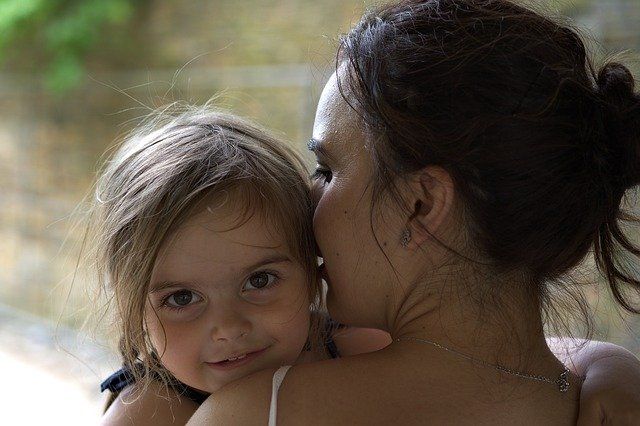
It's in our nature to want to protect our children from bad news. But research shows that anxiety levels in children are higher when a cancer diagnosis isn't shared with them openly. Use age appropriate language and information. Children understand differing amounts at different ages. You know your own kids and you know what they understand, so use that knowledge. Model healthy coping and be honest in the answers to their questions.
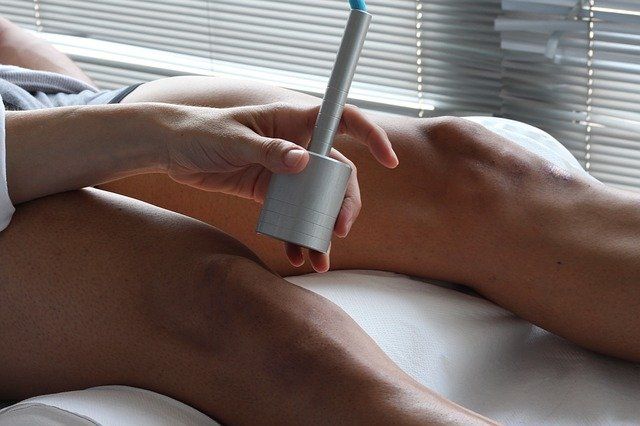
Many who have gone through cancer treatment find themselves still in pain after all their treatment is finished. They may have impaired functioning or be living with chronic pain. What many don't know is that they can get a referral for rehabilitation therapies that can ease the pain and increase functioning.

A new study by researchers from both Drexel University's Creative Art Therapies department in the College of Nursing and Health Professions, and the Perelman School of Medicine at the University of Pennsylvania showed how coloring and open-studio therapy can help caregivers of cancer patients with stress.

Yoga has long been touted as good for your mind and body. A new program has been introduced that targets those healing from cancer treatments. With the ability to increase blood flow, clear out toxins, and enhance lymphatic flow, yoga can help those recovering from cancer and the treatments that often take time to get over. Yoga can also help to lessen anxiety and tension which so many of us struggle with during diagnosis and treatment.

A 2012 study showed that patients lived 25% longer when end of life preferences were discussed at diagnosis. The researchers who ran the study asked questions relating to quality of life, and where they will draw the line between what they will accept and not accept in terms of care and quality of life.
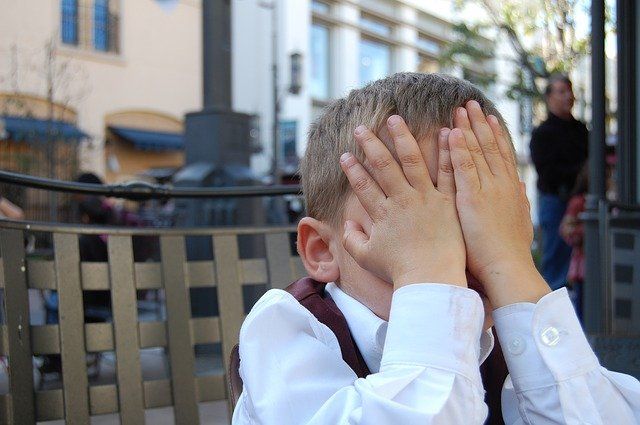
Cancer can bring about all sorts of unwelcome topics. It might be the type of cancer a person has, or side effects from treatment, but there can be a lot of topics surrounding cancer that seem taboo in today's society. But in order to get the best possible medical treatment and support from family and friends, it's important to move past the uncomfortable topics and be open with those who need to know. You aren't alone. And your doctor has heard it all before.
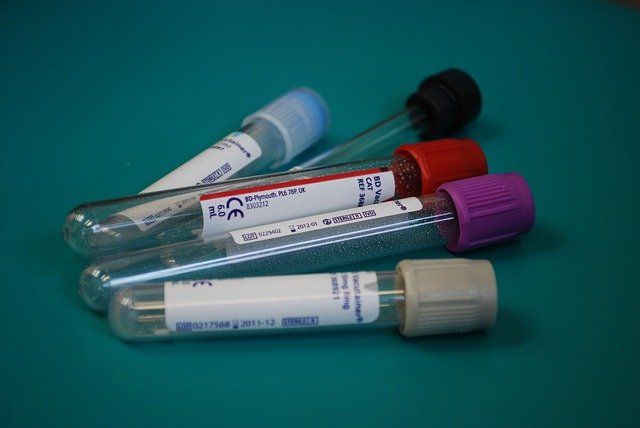
A recent study, published in Radiology asked patients about their willingness to go to a doctor’s appointment, and the wait time to get an appointment versus the ability to access test results online much quicker. Some were surprised at the results – many would prefer to meet with a medical professional, if the wait wasn’t extreme.
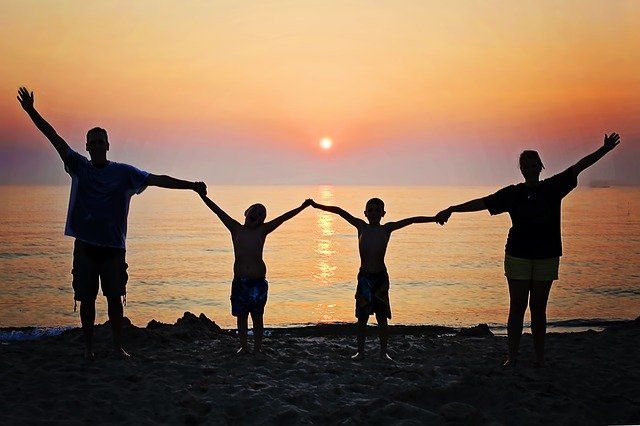
This honest post from a mom with bone mets is heart wrenching, but also uplifting and inspiring. From first understanding that the new diagnosis has no cure, to learning to live with the changes that it brings about in medications, symptoms, emotional health and relationships, the author gets real with the reader about it all.
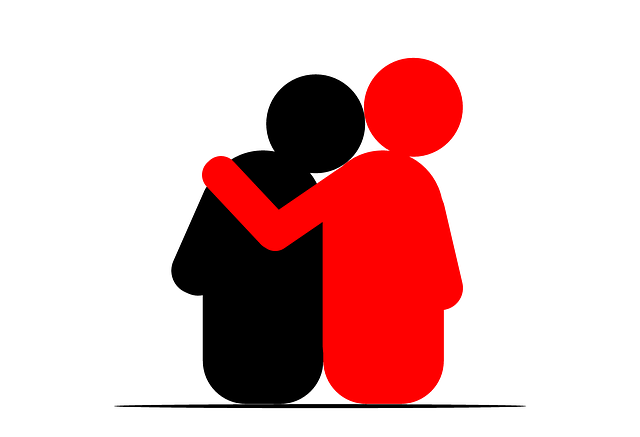
If you find it difficult to differentiate between sympathy, empathy, and compassion, this article is for you. Giving examples of how each could be shown, the author refers to the work of Brene Brown to explain the differences. She then delves into how to have and show compassion for others, something that many of us miss with our busy lives and the technology that keeps us constantly distracted.
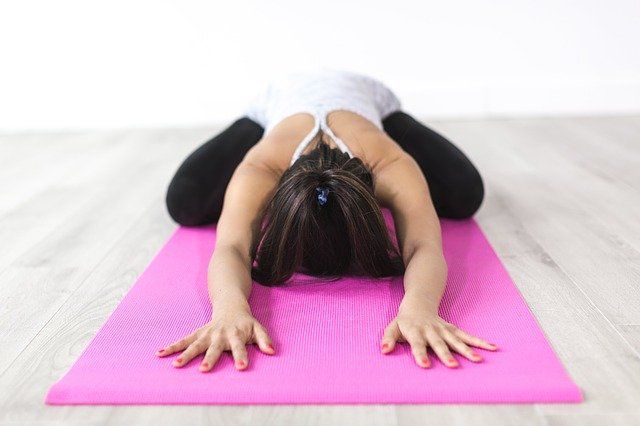
For many years, after treatments for breast cancer, survivors were told not to do a large variety of tasks including lifting more than 5lbs, gardening, and getting a manicure because it was thought that these activities could lead to lymphoedema, a painful swelling of the arm and sometimes a thickening of the skin. But new research is showing that with some care, all previously restricted activities can be undertaken
Exercise is good for more than just the body. Michelle Stravitz, co-founder of an organization helping women with cancer incorporate exercise into their lives, gives some helpful advice on achieving mindfulness through movement in this article. Whether it be practicing yoga, walking around the block, taking a dance class or any other form of movement that you enjoy, there are so many benefits in using any form of exercise to help concentrate on the moment.
Music lovers unite. A music therapist and registered psychotherapist discusses the many positive benefits on people undergoing cancer treatments in this article.
There is no easy way to say it – being a caregiver for someone with cancer is difficult. The American Cancer Society has some good advice for anyone in the position of caregiver covering everything from the feelings you might experience, ways to take care of yourself while still taking on the caregiving, how to get help from both family and professionals and caring for children at the same time.

